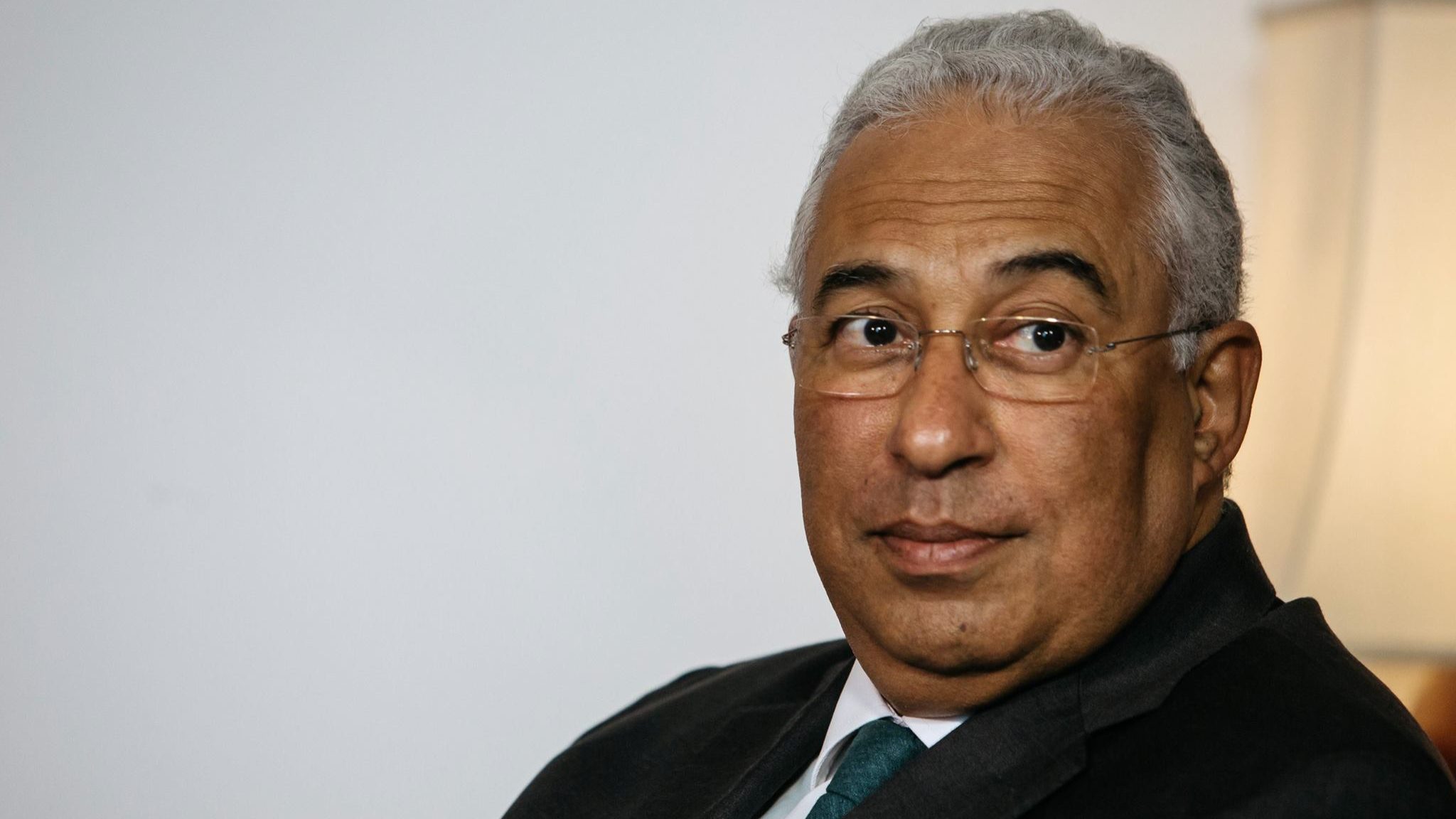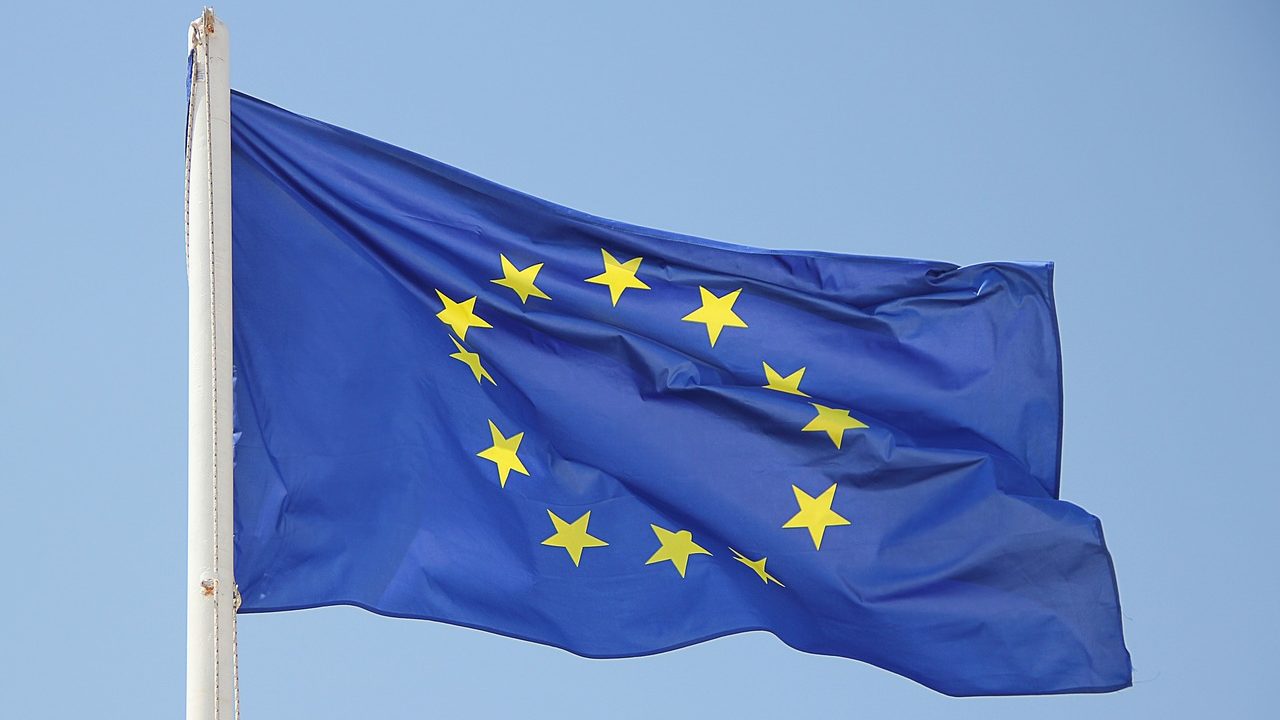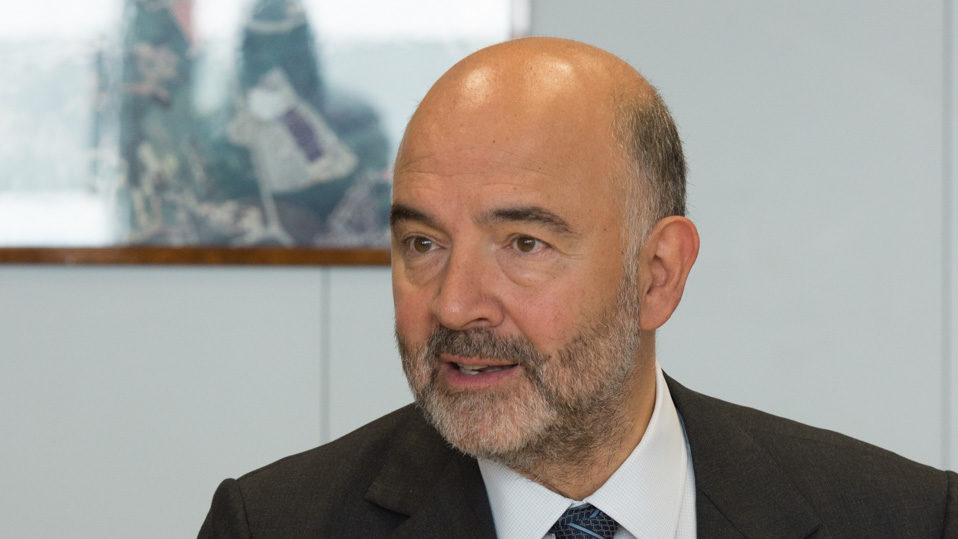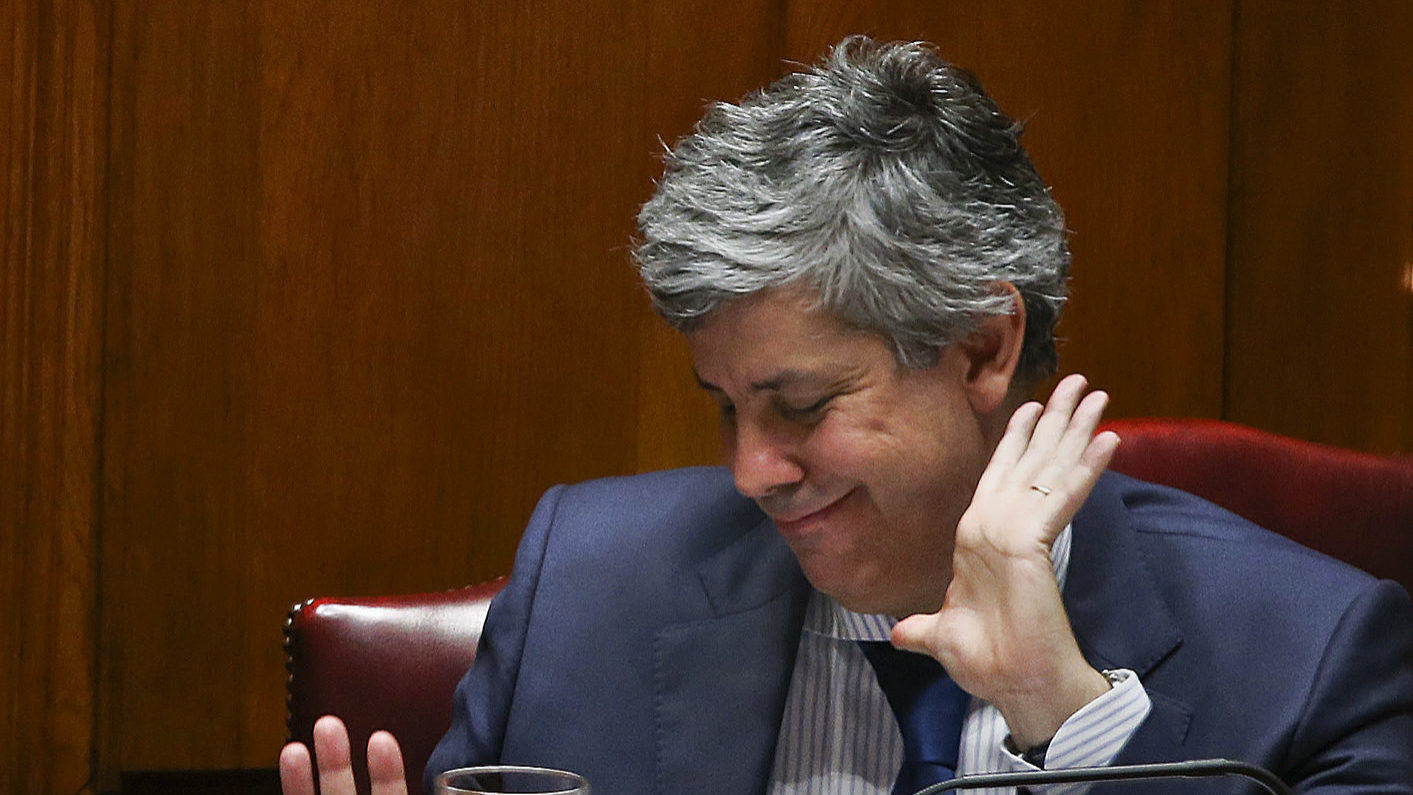0.8% GDP growth is a surprise. How did this rise happen?
Economists were surprised by the values of GDP. When searching for the mistakes in their forecasting models, they were faced with better exports than they predicted – of goods and services.
GDP surprised economists and grew more than what was expected for the third quarter of 2016. Instead of a quarterly rhythm of 0.3%, as experts had anticipated, the Portuguese National Statistical Institute (INE), in their quick estimate, points to a 0.8% growth. How did this happen?
After the surprise caused by these numbers, experts were trying to find the mistakes in their forecasting models. The first conclusions point to a better result of exports and imports, in comparison to what was expected. “The contribution of net external demand was strong and we did not expect it to be as strong”, acknowledges Rui Serra, chief-economist for the Portuguese bank Montepio, to ECO. Which means the favorable effect of the increase in exports was not, this time, cancelled out by an even larger growth in imports, which affect negatively the economic growth.
Paula Carvalho, chief-economist for the Portuguese bank BPI, recalls exports of services have been revealing “a significant growth pace” and that the sale of goods to foreign countries was already rising at around 6% – leaving out fuel, due to the stoppage at Sines refinery during the first trimesters of the year, and the effect of the adjustment of the Angolan economy in 2014 and 2015. Even so, “it is very likely tourism has been the main leverage for the Portuguese economy”, adds the economist Ricardo Arroja, to ECO.
At the same time, the results of imports were more favorable to the economic growth. Private consumption was made especially on non-durable goods – food is included in this category, for example –, which are not usually purchased from other countries, contrary to durable goods. That is why the import net external demand has stood out as having been a positive contribution.
The data brought forward by the INE are just their quick estimate and, therefore, the detailed numbers are still unknown. The biggest expectation is now around the investment behavior. Rui Serra continues to anticipate a “slight growth”, although with very few guarantees because other indicators brought forward are not clear.
GDP growth in 2016

1.2% goal is “quite realistic”
With this trimestral growth of 0.8%, Paula Carvalho points out the average of the three quarters of 2016 is of 1.1%. This means the 1.2% goal, set by the government in the 2017 State Budget, is now “quite realistic”, states Rui Serra.
Doing the math on how much the GDP has grown, Rui Serra points out the stagnation of GDP growth on the last three months of 2016 is enough to meet the 1.2% goal. This is, of course, a revised goal of the initial Portuguese government’s expectation of 1.8%, but over the last few months, not even the 1.2% growth was seen as possible by many economists.
Although not likely, “it is not that difficult to surpass 1.2%” – if the quarter-on-quarter growth is 0.4%, it can happen.




